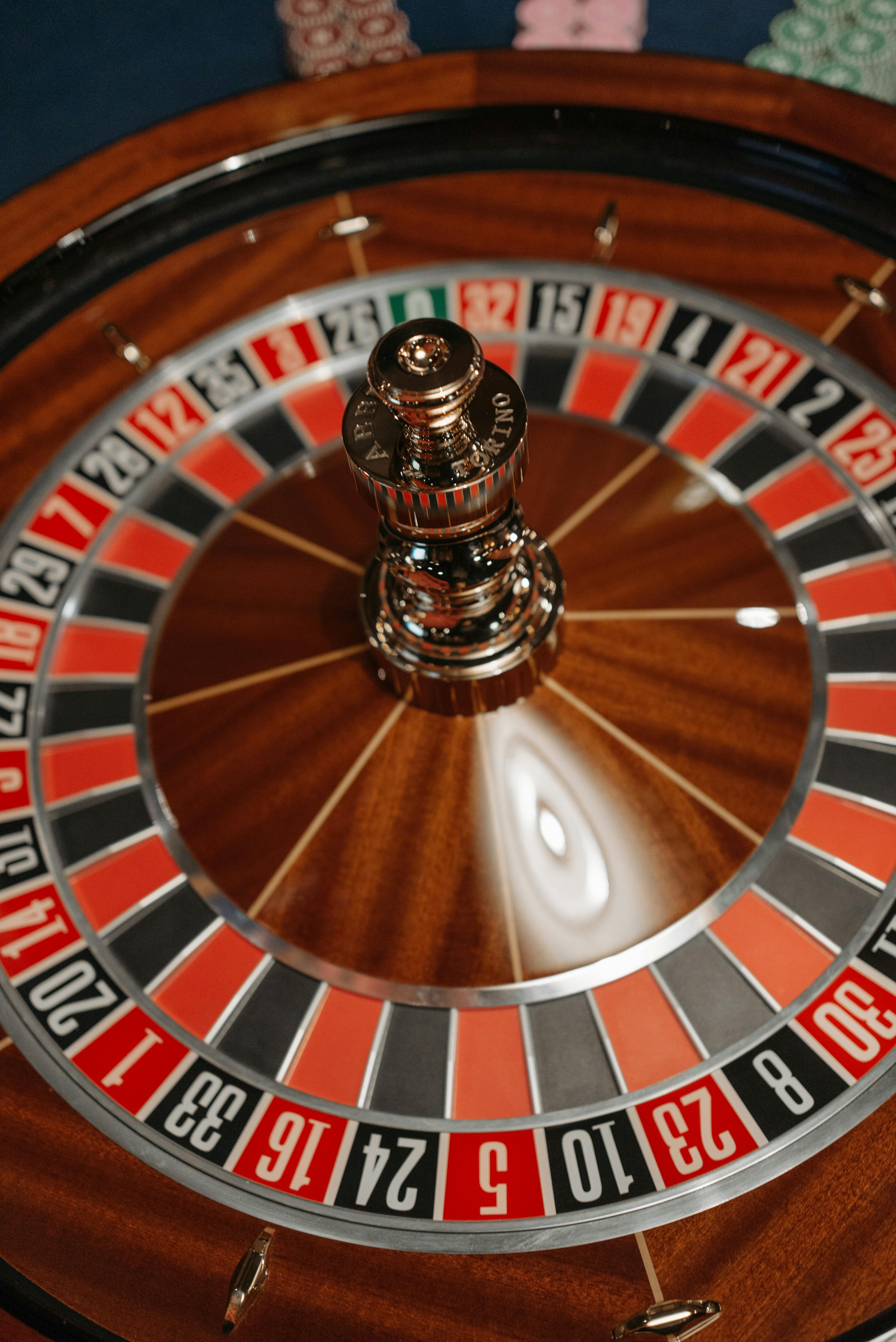The Martingale system is the most renowned betting scheme in the world. It is simple and therefore attractive: double your bet after each loss, and once you win, you will not only recoup all your past losses but also make a little profit. It is logical, it almost seems mathematical in its inevitability, and for centuries, gamblers have been lured by the promise of sure-fire recovery. Yet behind the facade of this beautiful thought is a cruel truth. The Martingale system, which has been described as foolproof, is more a myth than a method.
People still test its effectiveness in roulette and other games of chance, despite being warned of its ineffectiveness. Its continuance in the gambling culture addresses the psychology of people, as well as how easy solutions are always appealing. New forms of roulette, such as live-dealer casinos or american roulette, have only contributed to this ancient controversy. When revisiting the Martingale system today, it is not only essential to look back at the history of Martingale but to understand how modern casinos, technology, and probability reveal its flaws.
 History of the Martingale System
History of the Martingale System
The Martingale system is believed to have originated in eighteenth-century France and was introduced in gambling houses as a way to win at coin-tossing and early prototypes of games similar to roulette. It is thought that its name derives from the French term martingale, which means a simple strategy; however, some historians claim that it was named after a man who used it regularly.
Moreover, the main charm of Martingale is its pseudo-simplicity. When a coin comes up tails five times in succession, many people think that the next time it must come up heads. The Martingale system leverages this intuition, instructing the player to increase the bet by doubling it until the desired result is achieved. Theoretically, one win can be enough to reset the cycle and wipe out the losses, resulting in a profit. However, this plan presupposes unlimited bankrolls and betting opportunities, whereas these are not available in reality.
Probability Vs Perception
The Martingale myth is all about the gambler’s fallacy: the idea that what has happened in the past determines what will happen in the future in independent trials. Every spin of the wheel is independent in roulette and the likelihood of red or black is approximately a fifty-fifty chance, with the green zero modified a little. After five consecutive losses, a win is no more probable on the sixth time. The chances do not change.
This is where probability and perception differ. The Martingale system creates an illusion of control, as doubling bets increases the chances of winning. In reality, it just exposes more. Players can certainly get lucky and win small sums on a consecutive basis, which further reinforces the idea of being effective. However, when a lengthy losing streak inevitably occurs, it can be financially devastating.
The Role of Casino Limits
Casinos are not unaware of the popularity of the Martingale system. Betting limits in roulette tables are partially placed to counteract such strategies. A player who starts with a small wager of $5 can only increase his bet a limited number of times before he or she reaches the limit of the table. When that limit has been reached, the cycle is broken, and the gambler cannot recoup their losses as the system has suggested.
These boundaries ensure that the house advantage is not compromised, regardless of which betting system is used. The mathematics of the game overall work in the casino’s favor, given the combination of the inherent house edge and the presence of zero (or zeros in American roulette). The Martingale does not avoid these odds; it only conceals the eventuality by a momentary feeling of power.
The Reason Behind The Myth
What is wrong with the Martingale, then, that makes it so popular? Part of the answer lies in psychology. The system can be effective in the short term, generating small, frequent winnings that create confidence. A lot of gamblers quit with mediocre winnings and talk about their good fortune. The victims with disastrous losses will not be as eager to brag about their failures, which leads to a survivorship bias and sustains the myth.
Additionally, the Martingale exploits human risk-taking and recovery tendencies. The concept of chasing losses appeals to players who believe that persistence will be rewarded in the future. It turns losing sequences into a challenge, rather than a deterrent, into the adrenaline and emotional highs of gambling.
Current Diversity and Web-based Systems
The Martingale system has been revived with the advent of online gambling and can be found on forums, strategy guides and even betting bots. Refinements of the formula include the so-called Grand Martingale, in which an additional unit is added to each doubled bet, and the Anti-Martingale, in which betting is doubled after a win rather than a loss. However, these differences are also prone to the same weakness, namely, bankroll restrictions and table caps.
In the live-dealer and online roulette, the cycle of Martingale is quicker and more inviting because players can make dozens of bets one after another. Other online casinos go so far as to point out betting patterns to promote the notion that streaks are predictable. Such a setting heightens the appeal of Martingale and, at the same time, increases its threat.
Lessons on Risk and Reward
After all, the Martingale system is not so much a strategy to win as it is a psychological study of gambling. It imparts valuable lessons of risk management, probability and oversimplification of solutions. It can be a source of entertainment to those who use it with caution, but it is a fallacy to think of it as a sure route to profit.
Mathematicians and even professional gamblers concur that there is no way to beat the house edge in games of chance such as roulette. The key to success is not so much about pursuing losses but rather controlling limits, learning the odds and realizing when luck has changed. The Martingale myth is so persistent not because it is effective, but because it satisfies our desire for certainty in an uncertain world.
Revisiting the Martingale system, we can understand why it has captivated the imagination of generations of gamblers. Its message of certain recovery is strong; however, its premise is faulty. Its long-term effectiveness is foiled by probability, the limits of casinos and the realities of bankroll management.
The Martingale myth, therefore, serves as a lesson in the dangers of betting in the 21st century, when online betting is easier than ever, as well as a testament to the enduring human fascination with risk. The wheel continues to turn and no system, however simple and convincing, can alter the mathematics of chance.

